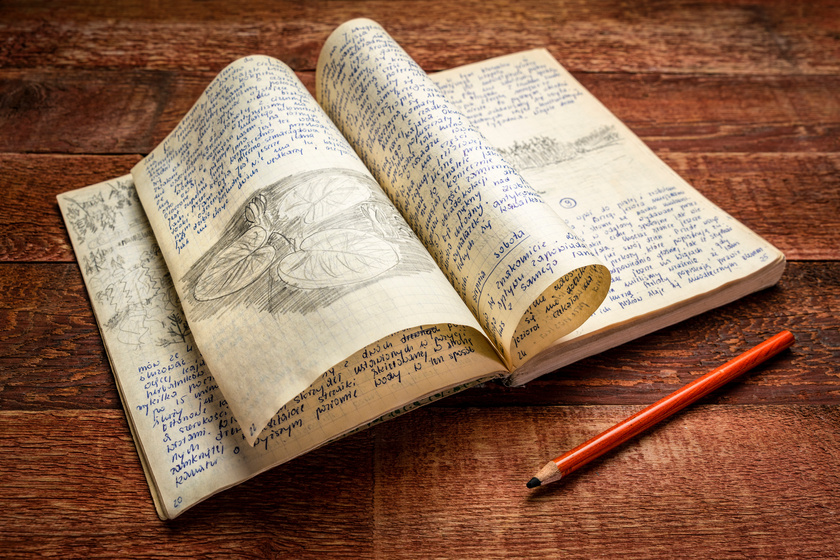Journaling is an activity enjoyed by people across all age groups, and it is particularly beneficial for those in their golden years. No matter what you write about, or even how well you write, journaling helps boost your emotional and mental health.
Luckily, it’s also an easy activity to get started. All you need is a notebook, something to write with, and daily dedication. Learn more about the benefits of journaling for memory below.
Journaling Improves Memory
Have you ever found your old journals while spring cleaning and ended up spending many pleasant hours going through them? Journaling is a brilliant tool for preserving memories. To capture a particular event, insight, activity or emotion, jot it down so that you can look back and reflect on it later on. If you want to share a story with someone you love but won’t see for a while yet, you can do the same. Journaling can also have a more pragmatic function, with some choosing to use their journals to help them keep track of information such as upcoming appointments. But journaling also helps you keep your mind sharp and improves your recall. This happens as you challenge yourself to describe events that took place in the past. An idea for your journal is to try and remember some memories that left a strong impression on you. See what details you can dredge up and write them down. These journals can also become valuable keepsakes when you pass them down to your children or grandchildren.
Journaling Provides Stress Relief
Aging brings about large transitions in your life that can evoke positive and negative emotions. Journaling helps you process these emotions in a healthy way by giving you an outlet to think through and express them. After transferring your thoughts and emotions to a journal, your mind can relax, leaving you free to focus on other things. Organizing your thoughts on paper also helps you think through difficult issues better. Literally seeing your thoughts in writing can grant you a sense of clarity and perspective.
Journaling Enhances Creativity and Cognitive Skills
Journaling stretches your mind, keeping it active and strengthening your cognitive abilities. As you journal, your mind is engaged with helping you sift through your vocabulary as you think of the right words to express yourself. This enhances your creativity. You can also think of journaling as an exercise in creative writing. Think of some non-fiction writers with impressive language skills and see how they pen their thoughts. How do they use metaphors, or make their writing sing? Journaling does not have to be a dry activity – feel free to be as creative or informal as you want to be. Use this opportunity to capture your personality through your writing.
Create a Journaling Routine
A consistent routine helps you sleep better and wards off loneliness and depression. Eating well and staying active are important parts of your daily routine, but so is engaging the mind. Set aside some time each day for you to journal. We recommend making journaling a nighttime activity, so that you have some time to relax before bed as you reflect on the day.







